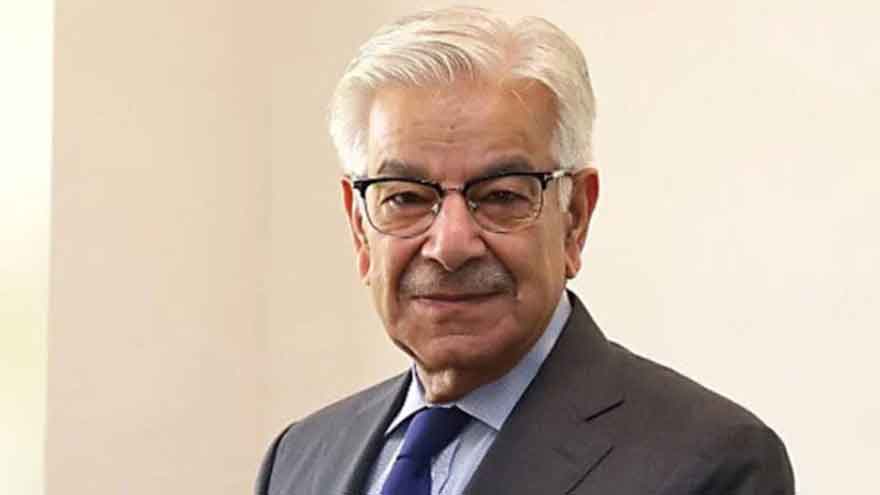Army chief commends China, Saudi Arabia, UAE for economic support to Pakistan

Chief of Army Staff (COAS) General Asim Munir has expressed appreciation for the all-out support extended by friendly nations, particularly China, Saudi Arabia, and the United Arab Emirates (UAE), in assisting Pakistan to stabilise its economy, the Inter-Services Public Relations (ISPR) said in a statement on Friday.
The army chief’s statement came as he visited the Karachi Corps area of responsibility, where he was briefed on operational preparedness and key training initiatives undertaken by the army, the military’s media wing said.
The International Monetary Fund’s (IMF) Executive Board on Wednesday approved of a $7 billion Extended Fund Facility (EFF) for Pakistan.
In a statement, IMF Pakistan Mission Chief Nathan Porter said that China, Saudi Arabia and the United Arab Emirates have given “significant financing assurances” to Islamabad linked to the country’s $7 billion bailout package.
The financial assurances by the countries go beyond the agreement to roll over $12 billion in bilateral loans owed to these countries, added the official.
“I won’t go into the specifics, but UAE, China and the Kingdom of Saudi Arabia all provided significant financing assurances joined up in this programme,” Porter told reporters virtually.
The IMF official’s statement echoes the remarks made by Finance Minister Muhammad Aurangzeb last month wherein he claimed that the aforementioned countries had confirmed the rollover for three years with renewal to take place every year.
During his visit today, the COAS also interacted with the business community of Karachi.
The ISPR said Gen Munir hailed contributions of business community and entrepreneurs towards the country’s economic growth.
“Participants expressed confidence and praised SIFC for its role towards achieving the positive economic indicators, which are providing an enabling environment for further economic growth,” it added.




